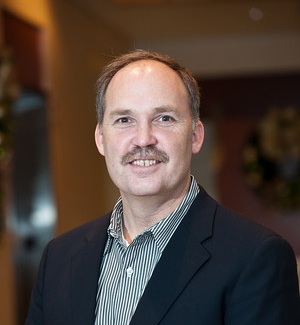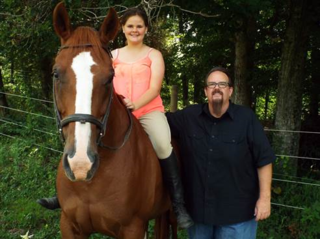By Molly Connolly, Associate, The Clapham Group
Every good campaign needs good music. For that, the Every Living Thing Campaign turned to indie rock up-and-comers, The Lighthouse and the Whaler, a band from Cleveland, Ohio who, despite their ironic name, care deeply for the earth and everything in it.
I first met TLATW at one of their shows over two years ago in Washington, D.C. It wasn’t long after talking with them that I realized these guys were the real deal. Committed Christians making good music that rings true on a universal level. Little did I know that night, but they would soon ask me to join as a touring member of the band- something I still have the privilege to do from time to time including this fall as they promote their new album, Mont Royal.
Through my day job with The Clapham Group (an architect of the ELT Campaign), I’ve come to understand the importance of music and art in the shaping of culture. That being the case, we asked the band to be involved with the ELT Campaign and use their voice to promote faithful stewardship of God’s creation. I sat down with them recently to ask why they partnered with the campaign. Check it out.
MC: Tell us a little about who you guys are and where you’re from.
TLATW: My name is Michael LoPresti and I was born and raised in Cleveland, Ohio. I’m 1/4 of The Lighthouse and The Whaler. I’ve been in TLATW for about 6 years but I’ve been playing music for much longer. I like beauty, art, sports, learning, and long walks on the beach.
MC: Why are you involved with the Evangelical Statement on the Responsible Care for Animals?
TLATW: We’re involved with the Evangelical Statement Because I believe we have a responsibility to care for our planet and the creatures on it.
MC: As Artists, how does the message of the Statement relate to your work?
TLATW: I think the Campaign is an innovative way of looking at creation and I hope to be a part of something similar with music in the Church.
MC: How are you involved with the campaign?
TLATW: We wrote the soundtrack for the campaign video that’s featured on the homepage, and are excited to play a few shows at some of the national events the campaign will run across the country. We’ll also be talking about it during our upcoming tour which will begin September 14th and run through October 13th. For a complete list of our shows, visit www.thelighthouseandthewhaler.com
MC: Why do you think a statement like this is important?
TLATW: I think it challenges us to think about what we want to stand for and how we choose to stand for it. Hopefully that introspection leads to change in other areas of our faith as well.
MC: Tell us a little about how your faith impacts your art.
TLATW: Art, to me, is really about how you perceive the world around you. It’s our interpretation of what we experience and feel. If spirituality is apart of who you are then it is impossible to remove it from what you create. With that in mind I don’t really think too much about faith in my music. I just create what I feel compelled to and trust that my spiritual self has rubbed off on my art.
MC: Where else can people find you and listen to your music?
TLATW: thelighthouseandthewhaler.com has everything you need. — you can grab tickets for a show in your area or download the new album.
Be sure to follow @TLATW and as they tour their new album “Mont Royal” this Sept-Oct and be sure to catch a show near you and tell them you also signed the Evangelical Statement on the Responsible Care for Animals!
image via consequenceofsound.net



